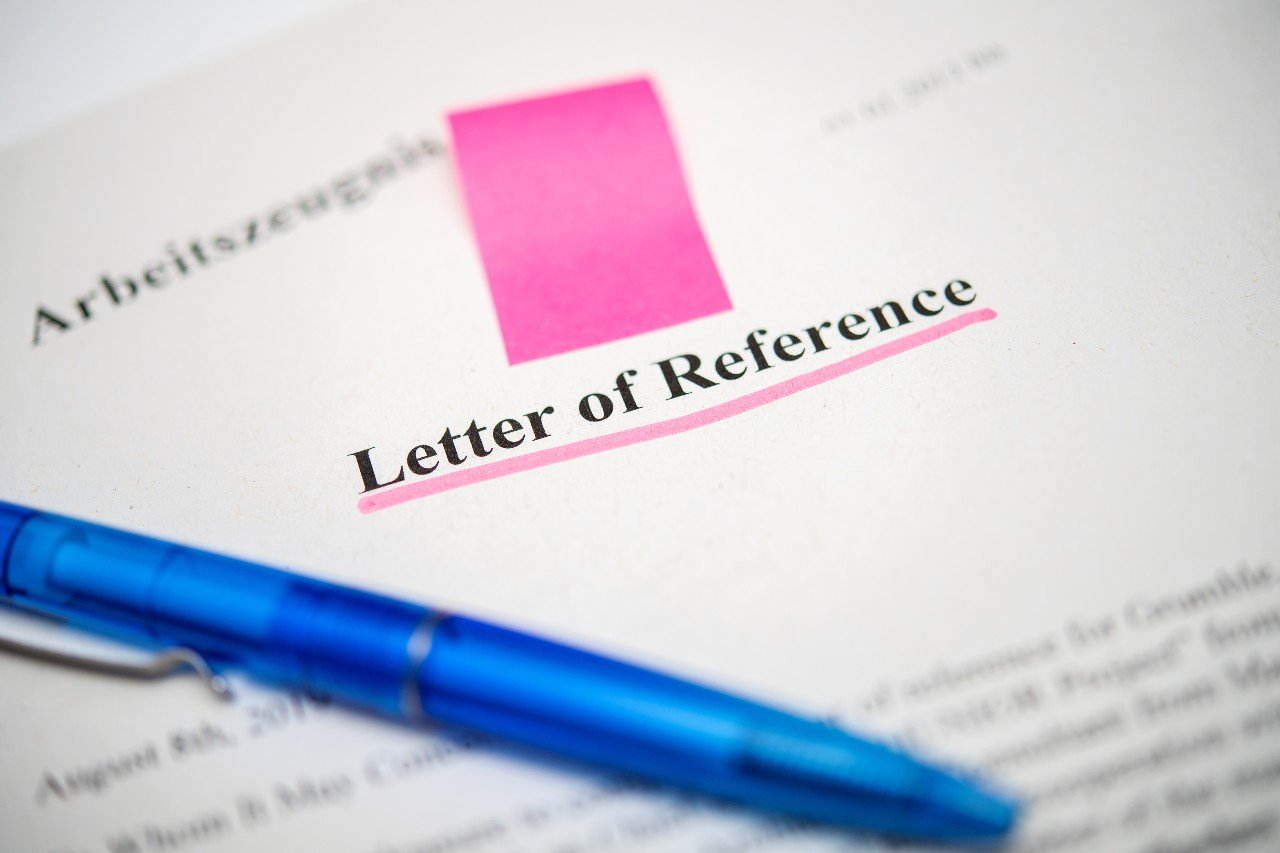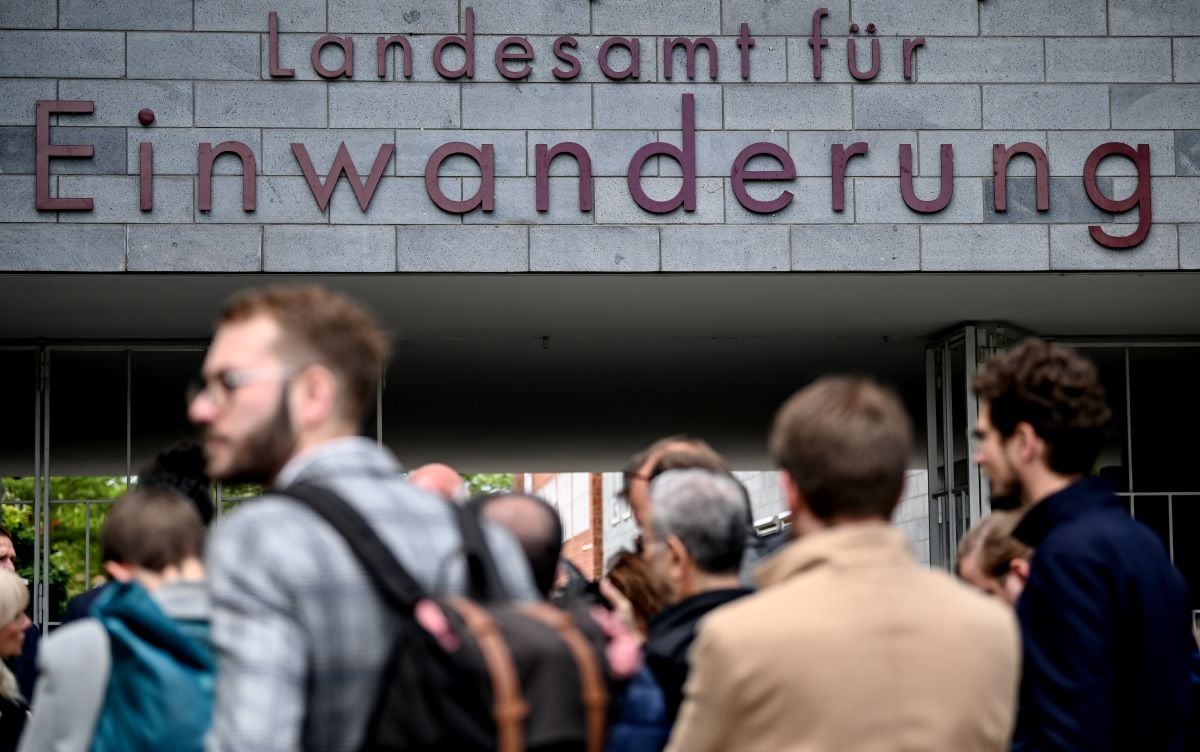Echoing recent concerns by the CEO of power company RWE, firms from automakers to paper producers are fretting that energy prices will skyrocket and even say that the electrical grid could become unstable and unable to supply their operations.
Especially worried are steel producers because their industry consumes particularly high levels of energy.
“The fact is that energy costs have risen by 150 percent since 2004,” said CEO Klaus Harste of the steel-producing firm Saarstahl. He said companies like his were “at the limit of what they can cope with financially.”
Other steel companies like ThyssenKrupp and ArcelorMittal also expressed concern.
ThyssenKrupp said it anticipated cost increases of €300 million ($424 million) per year while ArcelorMittal warned that companies could start moving its investments to other countries.
Meanwhile chemical company BASF warned of “instability” because of the energy revolution.
“Electricity price increases could make power-intensive processes in the chemical industry uneconomical,” a spokesman said, pointing to the production of chlorine as an example.
However, a few companies said they weren’t worried.
A spokesman for automaker Porsche said managers had planned ahead by creating independent power sources for its main factory and signing stable contracts with energy suppliers.
Whether power prices really will increase during the nuclear phaseout remains an open question.
A government report earlier this month predicted no price hikes as Germany switches entirely to other energy sources, including renewables and coal or gas plants.
But industry leaders dispute that conclusion. And a coalition of energy companies is planning a lawsuit against the government to either block the phaseout or secure massive compensation.
DPA/The Local/mdm





 Please whitelist us to continue reading.
Please whitelist us to continue reading.
Member comments